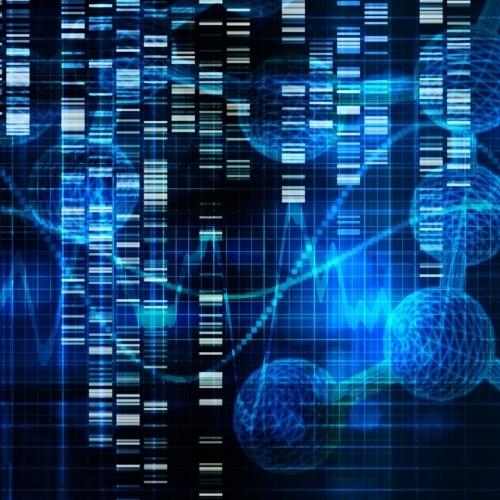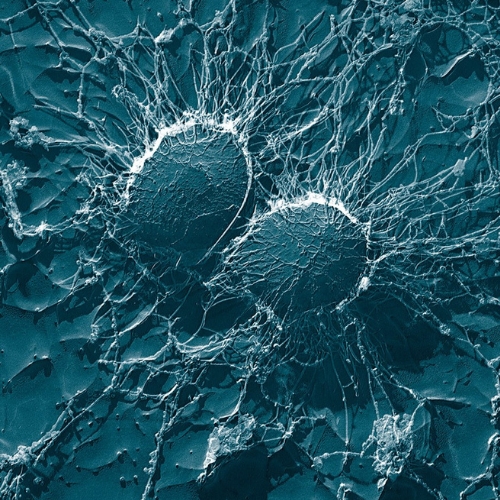Key points from article :
A recent study led by Professor Manel Esteller from the University of Barcelona has uncovered key genetic and microbiome factors that contributed to the extraordinary longevity of Maria Branyas Morera, who lived to 117 years old. The research found that her cells functioned as if they were 17 years younger than her actual age, and her gut microbiota closely resembled that of an infant, suggesting a unique biological advantage.
Branyas, who was born in the US and later moved to Spain, credited her long life to "luck and good genetics." While genetic factors played a major role, researchers also highlighted her healthy lifestyle choices, including a Mediterranean diet with three yogurts daily, regular physical activity, strong social connections, and avoiding smoking and alcohol.
The study, reported by the Catalan newspaper Ara, provides one of the most comprehensive analyses of a supercentenarian to date. Researchers hope that insights from her "privileged genome" could help in developing treatments for age-related diseases, challenging the notion that ageing and illness are inseparable.
Branyas, who remained mentally sharp until the end of her life, gained global recognition as the world’s oldest living person in 2023. She survived major historical events, including the Spanish Civil War, both World Wars, and the Covid-19 pandemic, which she recovered from asymptomatically in 2020. Her case offers hope that extreme longevity could be achieved through a combination of genetics, lifestyle, and environmental factors.







